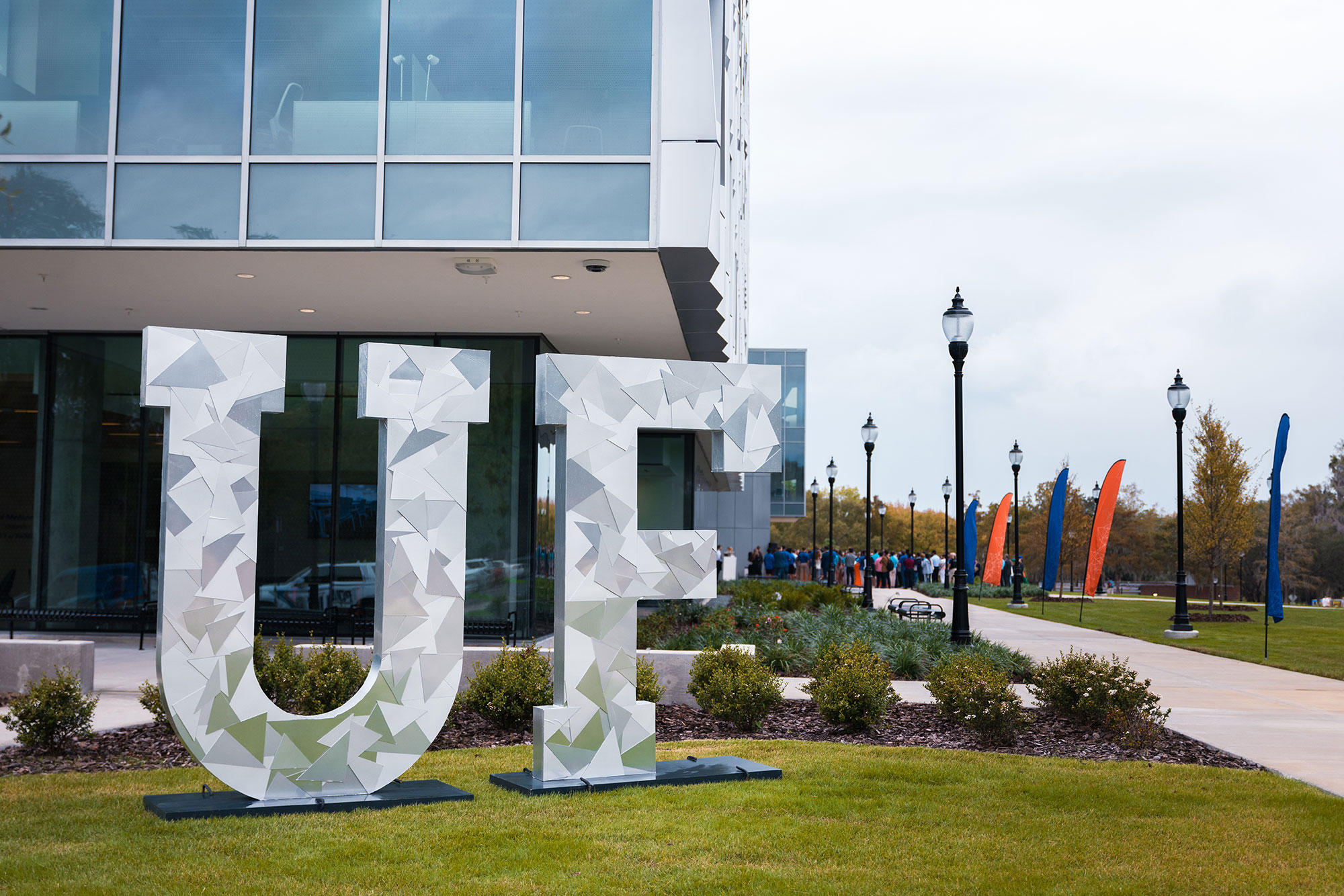Graduate
Degree and certificate programs, advising and resources
Academic programs

Designed for students who have an interest in computer and information science and engineering.
Master’s programs
Provides students with the academic background necessary to understand the application of computers to scientific and engineering problems.
Ph.D. minor
The Certificate in Information Security program will prepare students with a foundation in computer and network security, and cryptography basics.
Graduate certificateCollege resources
Academic advising
Connect with a CISE academic advisor to plan your program of study, resolve problems, provide valuable career guidance and more.
CISE academic advising


